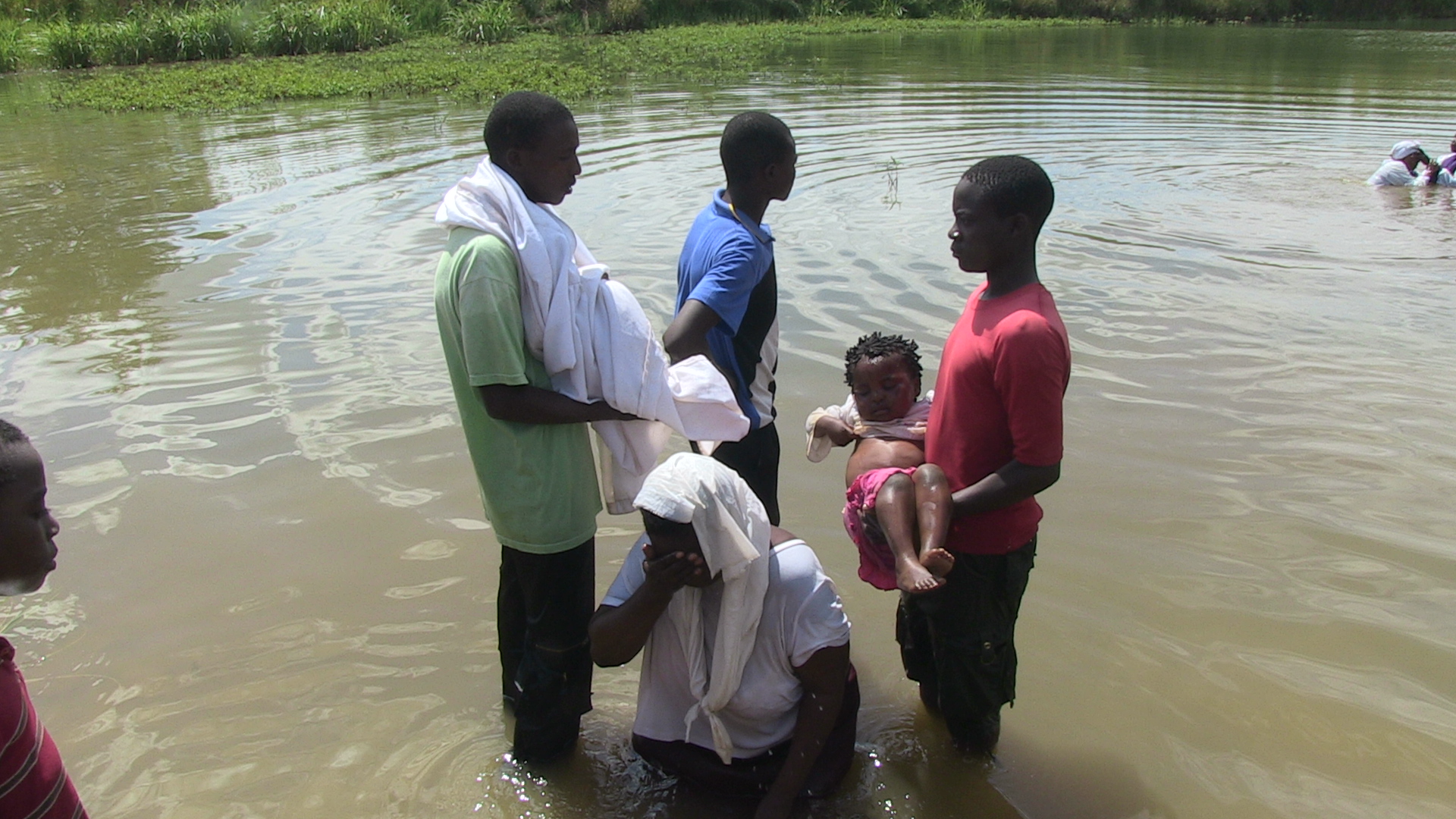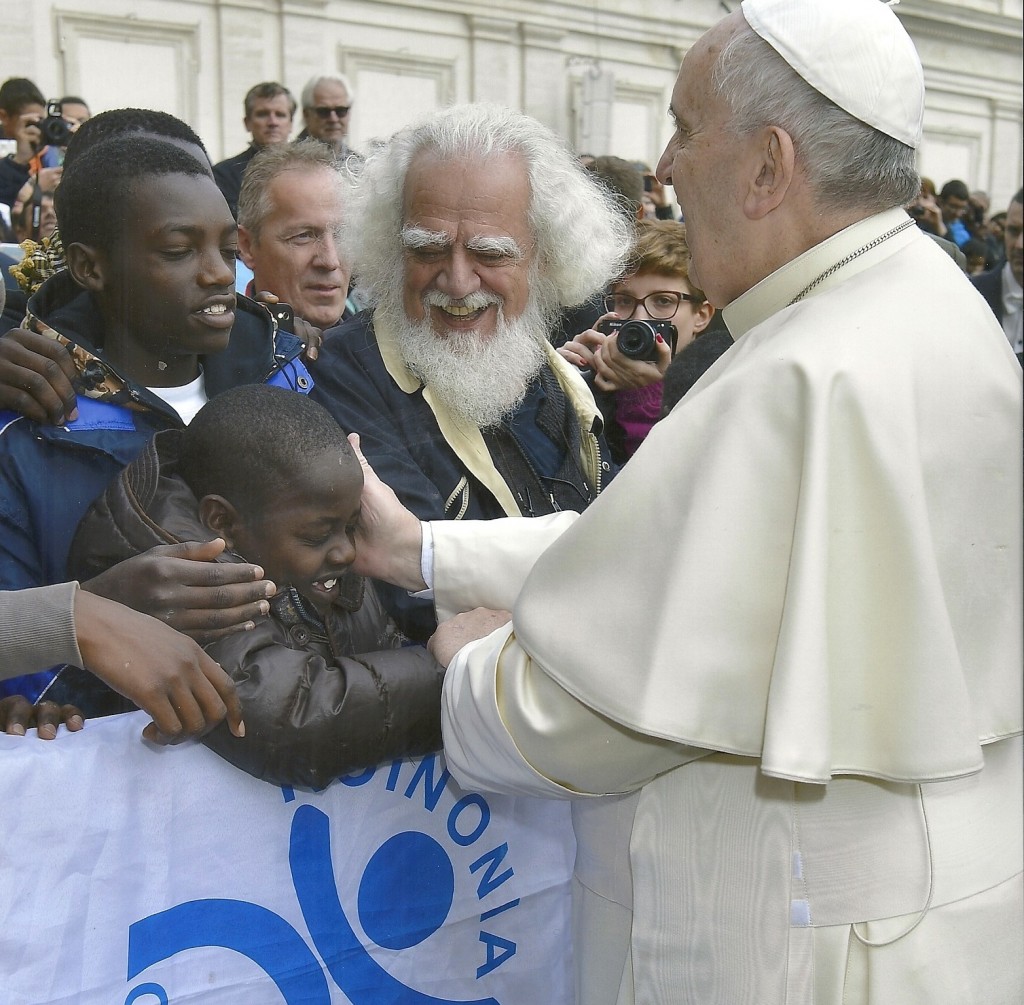Papa Francesco riapre quasi per caso qualche pagina della storia della chiesa che non dovremmo dimenticare, le cui conseguenze sono ancora vive nel razzismo che vediamo riemegere anche nell’attualità italiana. Agli “indigeni”, in particolare agli africani fatti schiavi, i colonialisti hanno rubato tutto, hanno perfino tentato di rubare l’anima.

Non sono riuscito a seguire il cammino di papa Francesco in Canada come avrei voluto, però rileggendone gli interventi nella loro integrità nel sito del vaticano vi ho trovato delle parole e idee dirompenti, almeno per chi come me si impegna da una vita a vivere la missione. Un deciso passo avanti, non una rimasticazione del già detto, nel mettere in pratica il Concilio Vaticano II. Basta leggere il discorso alle popolazioni indigene fatto a Maskwacis lo scorso 25 luglio, per sentirsi stimolati a rivedere la propria azione.
Ad un giornalista che durante il volo di rientro a Roma lo ha interpellato dicendo “Gli indigeni dicono che quando i coloni vennero a prendere la loro terra, si riferivano a questa dottrina che stabiliva che loro erano inferiori ai cattolici. È così che Usa e Canada sono diventati Paesi …”
Papa Francesco ha cosi risposto, riassumendo colloquialmente il suo pensiero:
“Credo che questo è un problema di ogni colonialismo. Ogni, anche oggi. Le colonizzazioni ideologiche di oggi hanno lo stesso schema: chi non entra nel loro cammino, nella loro via, è (considerato) inferiore. Ma voglio andare più avanti su questo. (Gli indigeni) non erano considerati solo inferiori. Qualche teologo un po’ pazzo si domandava se avevano l’anima. Quando Giovanni Paolo II è andato in Africa alla porta dove venivano imbarcati gli schiavi, ha dato un segnale perché noi arrivassimo a capire il dramma, il dramma criminale. Quella gente era buttata nella nave in condizioni disastrose. E poi erano schiavi in America. È vero che c’erano voci che parlavano chiaro come Bartolomeo de Las Casas e Pedro Claver, ma erano la minoranza. La coscienza della uguaglianza umana è arrivata lentamente. Dico la coscienza perché nell’inconscio ancora c’è qualcosa… Sempre abbiamo come un atteggiamento colonialista di ridurre la loro cultura alla nostra. È una cosa che ci viene dal modo di vivere sviluppato nostro, che delle volte perdiamo dei valori che loro hanno. Per esempio i popoli indigeni hanno un grande valore che è quello dell’armonia con il creato. E almeno alcuni che conosco lo esprimono nella parola “vivere bene”, che non vuol dire come capiamo, noi occidentali, passarla bene o fare la dolce vita. No. Vivere bene è custodire l’armonia.”
In questi giorni non ho trovato nessun commento dall’Africa a queste parole, che pure dovrebbero ancora un volta rimettere in questione le nostre certezze, e farci pensare che abbiamo commesso degli errori clamorosi. Per carità, possiamo trovare tante giustificazioni, lo spirito dei tempi, la mancanza di conoscenze antropologiche, l’impossibilità di agire diversamente nelle circostanze storiche ecc ecc. ma gli errori, come la mancanza di rispetto per le culture locali e per le persone, restano errori. Possiamo anche citare numerosi missionari che sono stati pionieri nello studio delle lingue e culture africane, ma resta il fatto che ancora oggi nella cultura accidentale e quindi anche nella chiesa, l’Africa resta sconosciuta. O conosciuta male. La filosofia africana? Inesistente. La storia africana? Miti e leggende. La spiritualità africana? Superstizione. Il non considerare nella loro importanza queste dimensioni delle diverse culture africane ha portato alla crescita di una chiesa che è per tanti aspetti squilibrata, una pianta con radici deboli, che cresce con un apporto esagerato di fertilizzanti, protetta da pesticidi, tutti importati dall’esterno. Sentire papa Francesco dire che il centro della spiritualità dei popoli nativi è il vivere in armonia, mi ricorda le mie prime letture dei filosofi africano che già 50 anni fa identificavano nell’armonia il centro della visione africana del mondo.
INCULTURAZIONE
Guardo al futuro con speranza, credo quindi che questo viaggio del papa in Canada ispiri pastori e teologi africani a riprendere senza timore il tema dell’inculturazione in cui tanti pensatori africani sono stati all’avanguardia. Nel 1994 in occasione della celebrazione del primo Sinodo per l’Africa, questo tema è stato soffocato sul nascere, forse perché a Roma si temeva, a ragione, che rimettesse in discussione la crescita numerica di una chiesa pensata prevalentemente in termini di burocrazia ecclesiastica. A quel tempo, come direttore delle rivista comboniana New People a Nairobi, editai un libretto (qualcuno lo descrisse come un pamphlet rivoluzionario) scritto da un gruppo di teologi e pastori africani. Fu distribuito ai padri sinodali ma venne immediatamente ritirato dalla circolazione, e come mi sono accorto recentemente, fatto sparire anche da quasi tutte le biblioteche alle quali era stato distribuito. Ne ho ritrovata una copia che qualcuno ha amorevolmente digitalizzata nella biblioteca dell’Hekima College di Nairobi. Chi volesse approfondire può leggerla qui . Ciò che ha detto papa Francesco è vero non solo per il Canada. e il discorso dell’inculturazione del Vangelo in Africa deve essere ripreso affinché la chiesa africana possa radicarsi meglio cosi da poter offrire alla chiesa universale il dono di una sua propria spiritualità.



